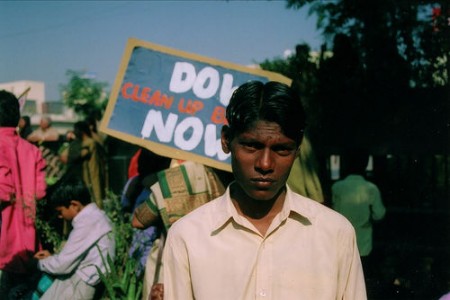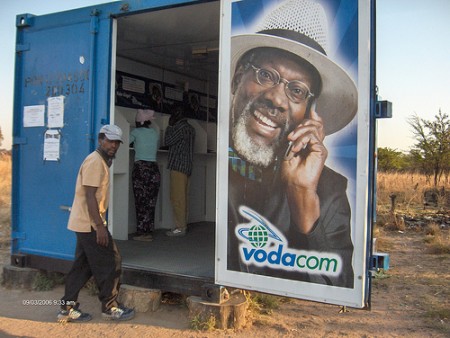This illustration highlights the disparity between China’s per-capita income and its aggregate income in comparison with other countries.
China is not a superpower, said Major General Pan Zhenqiang, deconstructing one of the “myths” about his country. A retired officer from the People’s Liberation Army (PLA) and deputy chairman of the China Foundation for International Studies, Pan Zhenqiang talked at the Center for Security Studies (CSS) at ETH Zurich last week. He was also a guest of Vivian Fritschi of ISN Podcasts. In his talk Pan said that China is a poor developing country. Is he right? Or is China a superpower, after all? The answer to this question depends on whom you ask.
Chinese leaders themselves perceive their country as a developing one with a number of paramount domestic challenges. The largest share of China’s population lives in rural, underdeveloped areas and there is a large urban-rural income gap. And although China’s per capita income has been increasing at a remarkable pace – it grew more than threefold over the last decade – it is still comparatively low. To anyone familiar with rural China, it is obvious that this is in fact a developing country. But that’s only one side of the coin: even though China is a poor country in per-capita terms, it is a rich country in aggregate terms, due to its immense population.
From a Western perspective, China’s development is usually seen at the macro level: China is the second largest economy in the world today and might surpass the US within the next decade.




